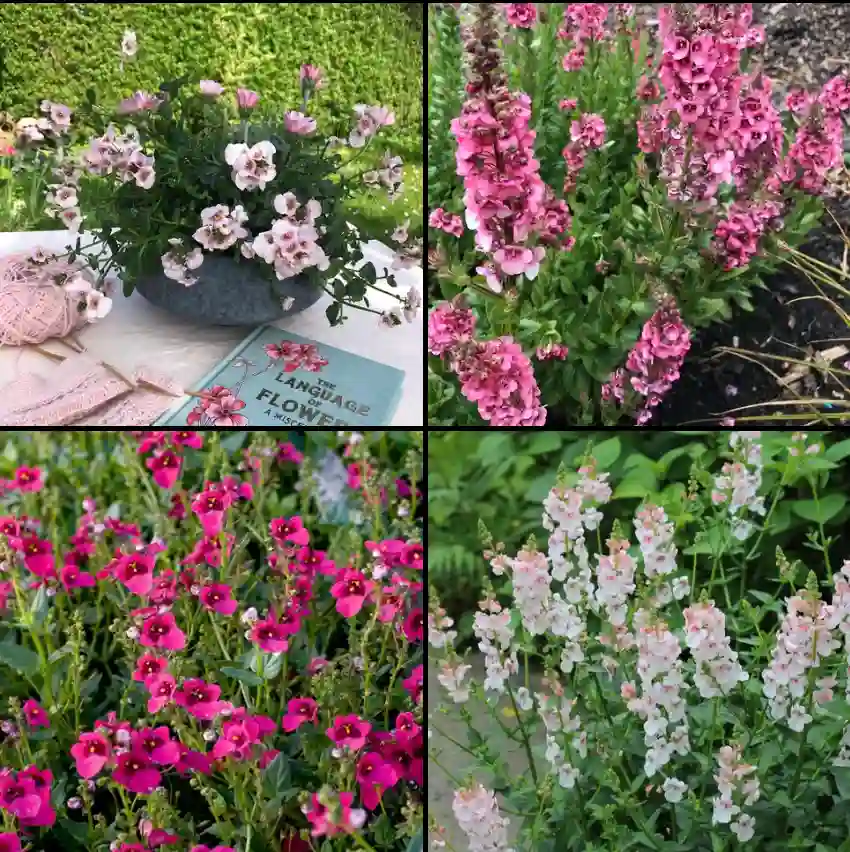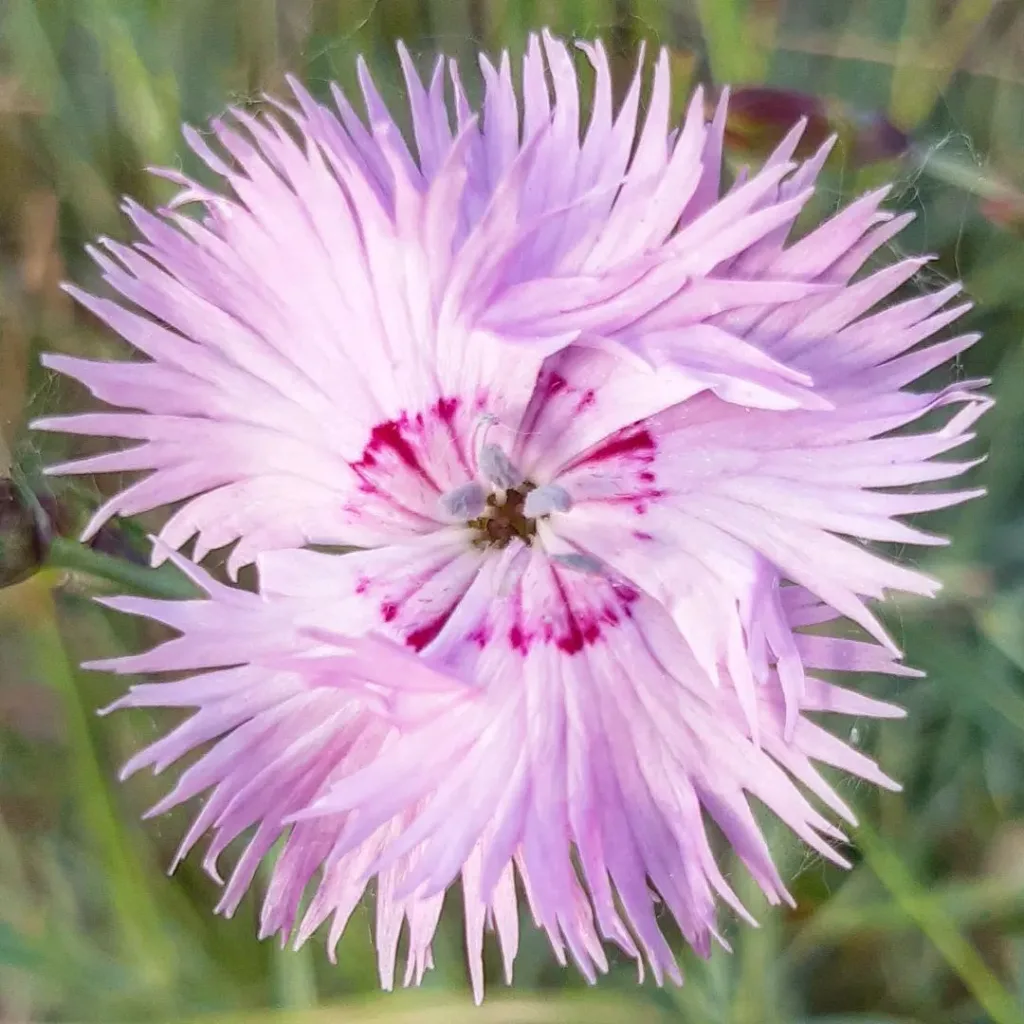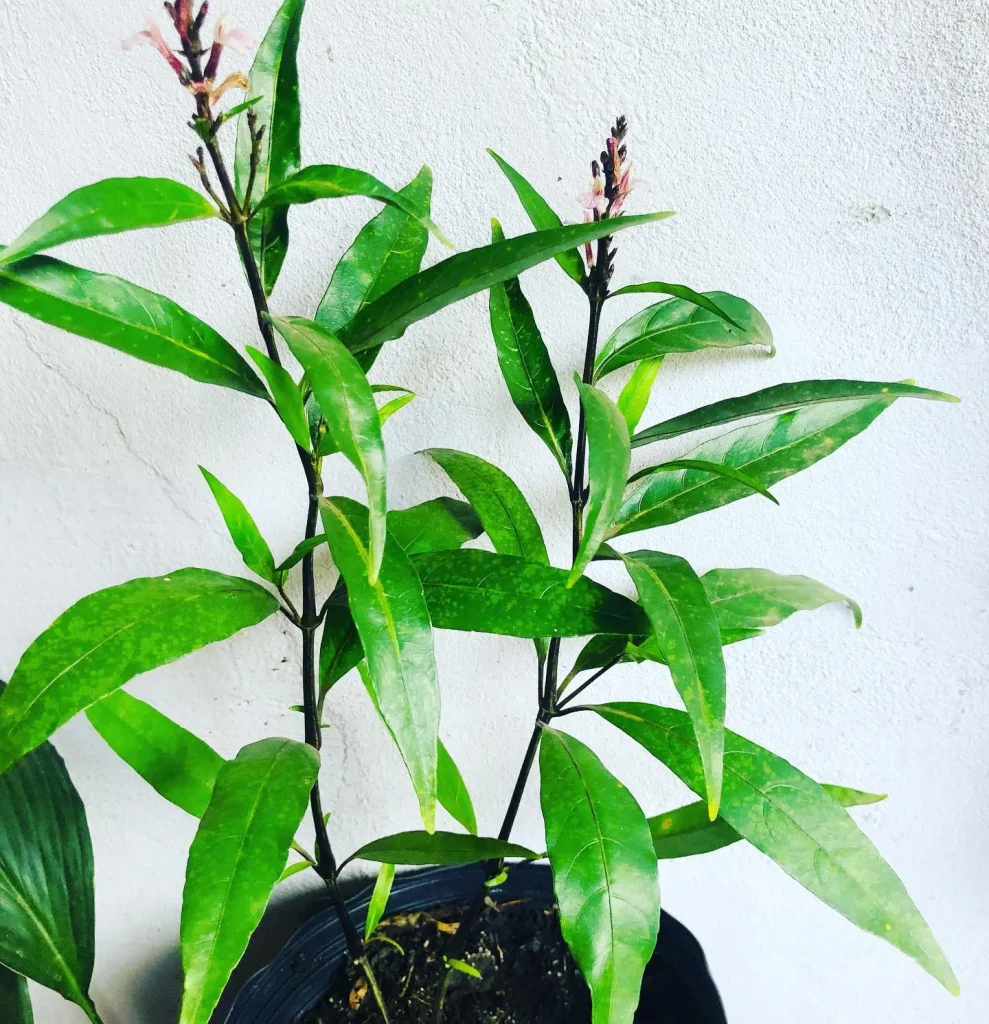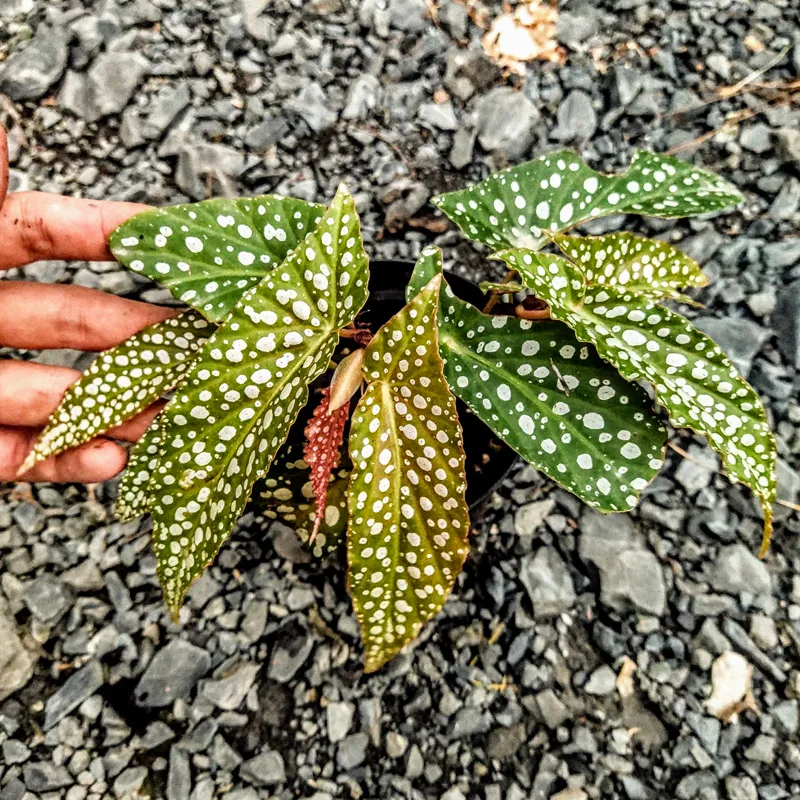
My Love Affair with the Viburnum Suspensum
For years, I’d been on the hunt for a low-maintenance, evergreen shrub that offered visual interest throughout the seasons. Then, I stumbled upon the Viburnum suspensum, also known as the Sandankwa viburnum. It was love at first sight. Lush, dark green foliage, clusters of fragrant white flowers in spring, followed by vibrant red berries – this beauty had it all. But before I eagerly brought one home, I had questions.
Here’s what I learned about caring for this captivating plant, hoping it can guide your journey with the Viburnum suspensum as well.
206 Species in Genus Viburnum
Viburnum suspensum vs sweet viburnum
I’ve had Viburnum suspensum in my garden, and I love how it forms a dense, glossy hedge that looks great year-round. Sweet Viburnum, on the other hand, has a more upright growth habit and its fragrant flowers are a big plus during the bloom season.
Viburnum suspensum vs odoratissimum
Comparing Viburnum suspensum with Viburnum Odoratissimum, I found that Odoratissimum’s flowers are more fragrant and attract more pollinators, but the overall foliage of suspensum is denser and more lush.
Viburnum suspensum vs viburnum japonicum
When it comes to Viburnum suspensum vs. Viburnum japonicum, I appreciate how japonicum has a more dramatic leaf texture and broader leaves, which give it a striking appearance, though suspensum is a bit more tolerant of different soil conditions in my experience.
How to Care for Viburnum suspensum?
Viburnum suspensum thrives in moderate climates with mild winters. They’re not particularly fussy about soil type, but well-draining, fertile loam is ideal. Here are some key things to keep in mind:
- Sun Exposure: Viburnum suspensum prefers dappled sunlight or partial shade. Avoid harsh afternoon sun, especially in warmer regions.
- Watering: Water regularly, especially during the first growing season and hot spells. Aim for consistent moisture but avoid soggy soil. As the plant matures, it becomes more drought tolerant.
- Fertilizing: A balanced fertilizer applied in early spring can promote healthy growth and vibrant blooms.
Does Viburnum suspensum Need Protection From Freezing Temperatures?
While Viburnum suspensum is considered cold hardy, it can be susceptible to damage in regions with harsh winters where temperatures dip below 15°F (-9°C). If you live in such a climate, consider planting your Viburnum suspensum in a protected location, like near a south-facing wall. You can also provide temporary protection with burlap cloth or frost blankets during extreme cold snaps.
How Fast Does Viburnum suspensum Grow?
Viburnum suspensum is a moderately fast-growing shrub. Under ideal conditions, it can put on 12-18 inches (30-45 cm) of growth per year. Patience is key, though. It might take a few years for your Viburnum suspensum to reach its mature size, which can be anywhere between 10-12 feet (3-3.5 meters) tall and wide.
How Do I Make My Viburnum suspensum Grow Faster?
While there’s no magic formula to accelerate growth, you can certainly create an environment that encourages healthy development. Here are some tips:
- Plant in the right location: Ensure your Viburnum suspensum receives adequate sunlight and well-draining soil.
- Water consistently: Don’t let the plant dry out completely, especially during its first few years.
- Fertilize appropriately: A balanced fertilizer applied in early spring can give your Viburnum suspensum a boost.
- Regular pruning: Pruning encourages bushier growth and can help maintain the desired shape.
How to Prune a Viburnum suspensum as a Tree?
Viburnum suspensum can be trained into a single-trunk tree with some effort. Here’s how:
- Choose a strong, central leader as the main trunk.
- Prune away any competing shoots or suckers emerging from the base.
- As the main trunk grows taller, gradually remove lower branches to create a clean trunk.
- Prune side branches to maintain a desired crown shape. Be mindful not to remove too much foliage, as this can affect flowering.
How to Trim Viburnum suspensum?
Regular trimming can help maintain a neat and compact Viburnum suspensum. Prune after flowering is finished, typically in late spring or early summer. Aim to remove dead, diseased, or overcrowded branches. You can also lightly shape the overall form of the shrub.
Is Viburnum suspensum Drought Tolerant?
Once established, Viburnum suspensum exhibits good drought tolerance. However, it’s still best to water during prolonged dry spells, especially if your plant is young or newly transplanted.
Will Viburnum suspensum Have Flowers as a Bush?
Absolutely! Viburnum suspensum will flower regardless of whether it’s grown as a bush or trained as a tree. You can expect clusters of small, fragrant white flowers to appear in spring, followed by a vibrant display of red berries in late summer or fall.
These are just some of the things I’ve learned about caring for Viburnum suspensum. With its beautiful foliage, fragrant flowers, and colorful berries, this versatile shrub has become a cherished part of my garden. So, if you’re looking for a low-maintenance plant that offers year-round interest, consider giving the Viburnum suspensum a try!
If i die, water my plants!



